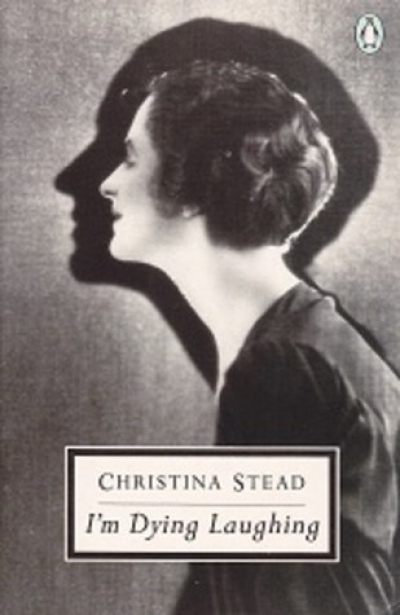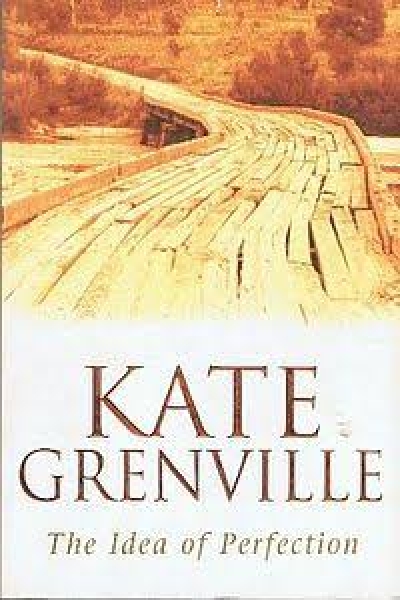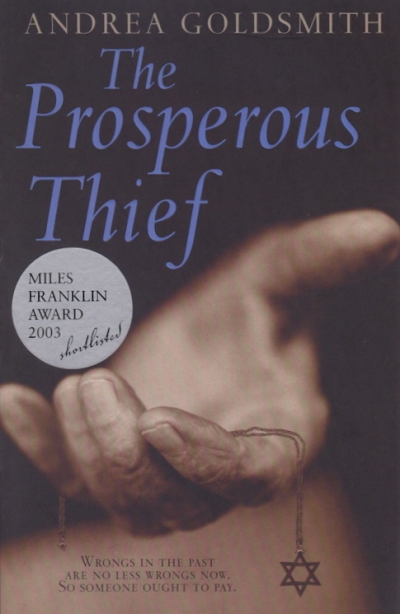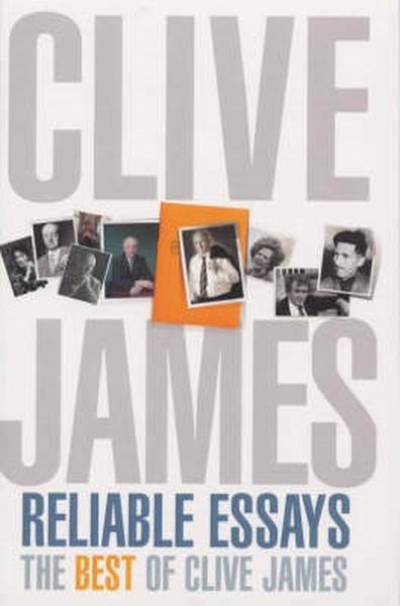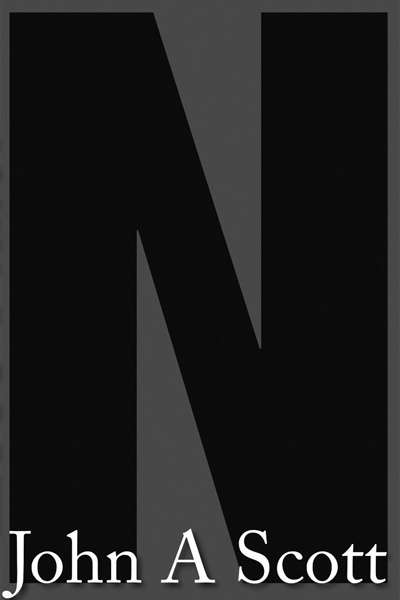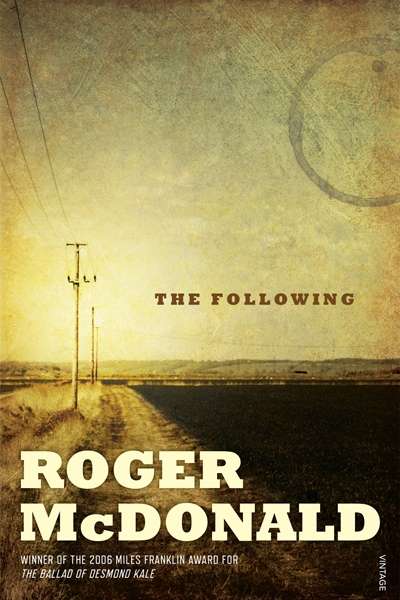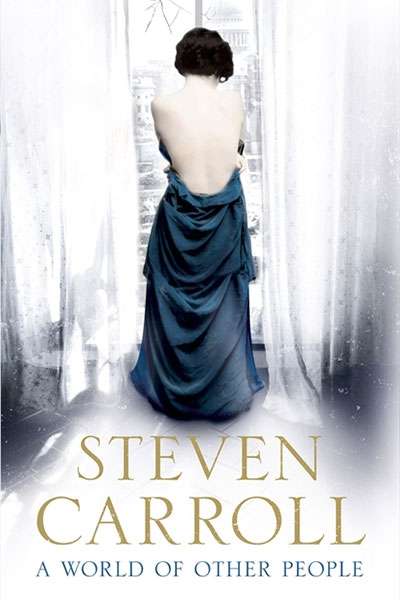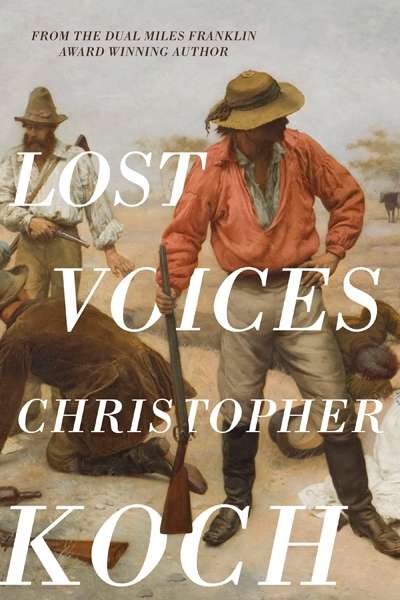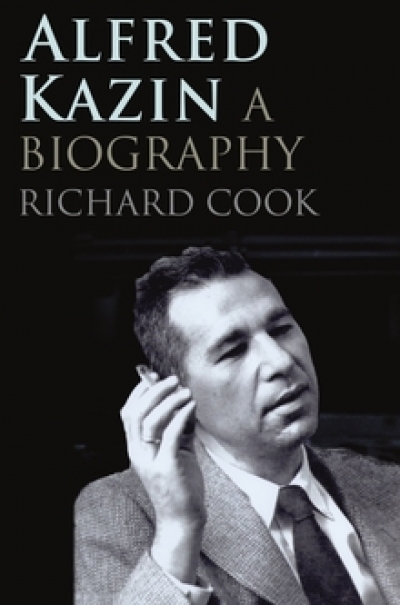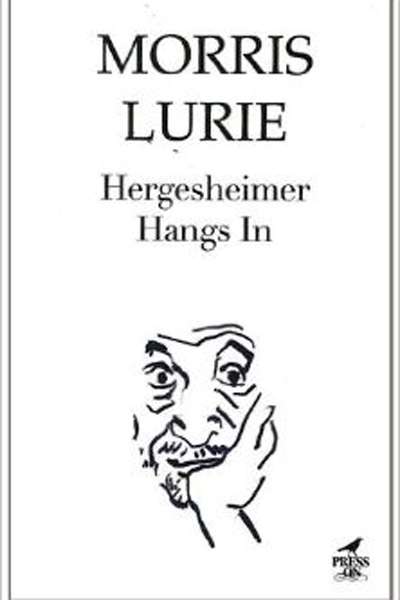Don Anderson
Don Anderson is the author/editor of eight books, collections of essays and reviews, and anthologies of prose, largely of texts from the Americas, Australia, and Europe. For fourteen years in the 1980s and 1990s he was a regular literary columnist in the National Times and the Sydney Morning Herald. He was for thirty years a member of the English department at the University of Sydney, where he taught American, Irish, and Australian literature, and literary theory. He was for some years a member of the Advisory Panel of ABR.
‘Few evade full measure of their fate.’
Hart Crane, ‘The Bridge’
Just before the publication of her novel Dark Places in 1994, Kate Grenville said that she was thinking about her next book, ‘a heart-warming old-fashioned love story’. Well, The Idea of Perfection – and isn’t that what all love stories are about? – is that love story, though it warms both heart and head, ... (read more)
‘History always emphasises terminal events,’ Albert Speer observed bitterly to his American interrogators just after the end of the war, according to Antony Beevor in Berlin: The Downfall 1945 (2002). Few events in recent history were more terminal than the Holocaust, it might be urged. Yet the singularity of that ‘terminus’ has been questioned in recent years. Is it, however, perilous for ... (read more)
Clive James needs no introduction, though he asked Julian Barnes to provide one for Reliable Essays, a selection from three decades of James’s literary journalism made by his publisher, Peter Straus. The Kid from Kogarah is, as The New Yorker once famously observed, ‘a brilliant bunch of guys’: literary essayist (his ‘best work’, Barnes insists), television critic, poet, novelist, autobi ... (read more)
The last words of the endnotes to John A. Scott’s most recent novel – earlier ones have won the Victorian Premier’s prize for fiction and been shortlisted for the Miles Franklin Award – and thus the last words of this book, if we exclude back-cover plaudits, read: ‘An additional narrative strand, chronicling the history of Surrealist André Breton in Melbourne, 1952, omitted from this ve ... (read more)
Towards the end of Saul Bellow’s Humboldt’s Gift (1975), at the poet Von Humboldt Fleisher’s funeral on an April day in Chicago, Menasha Klinger, one of three mourners, points to a spring flower and asks Charlie Citrine, the novel’s narrator, to identify it. ‘Search me,’ Citrine replies, ‘I’m a city boy myself. They must be crocuses.’ This exchange has stayed with me for some thi ... (read more)
Novels have been appearing in the last decade or so in which one or more of the characters are actual historical figures, often themselves writers, appearing in propria persona, not considerately disguised and renamed, as Horace Skimpole was in Bleak House, for example. Perhaps the most notorious instance in recent years is Virginia Woolf in Michael Cunningham’s The Hours (1998), made even more ... (read more)
‘There is another world, but it is in this one.’ That is Paul Éluard, channelled by Patrick White as one of four epigraphs to The Solid Mandala (1966), a ‘doubleman’ of a novel avant la lettre.Other quotations appended to this story of Waldo and Arthur Brown are taken from Meister Eckhart (‘It is not outside, it is inside: wholly within’) and Patrick Anderson (‘… yet still I long ... (read more)
If his biographer and editor of his Journals is to be believed, by the early 1960s the Brooklyn-born Alfred Kazin was ‘arguably the most sought-after and widely published critic’ in the United States. Kazin (1915–98) claimed that 1956–61 was ‘the greatest period in my life’. Having returned from a teaching post in Amherst to New York City, he succeeded in making a living as a freelance ... (read more)
‘A writer is writing even when he’s not writing, maybe even more then, even if he never writes again. Got it? Class dismissed.’ (Morris Lurie, ‘On Not Writing’, in Hergesheimer Hangs In)
In Wild & Woolley: A Publishing Memoir (2011), Michael Wilding recalls: ‘Morris Lurie sent us a collection, too. I think if he had sent it eighteen months later I would have published it. But when ... (read more)

